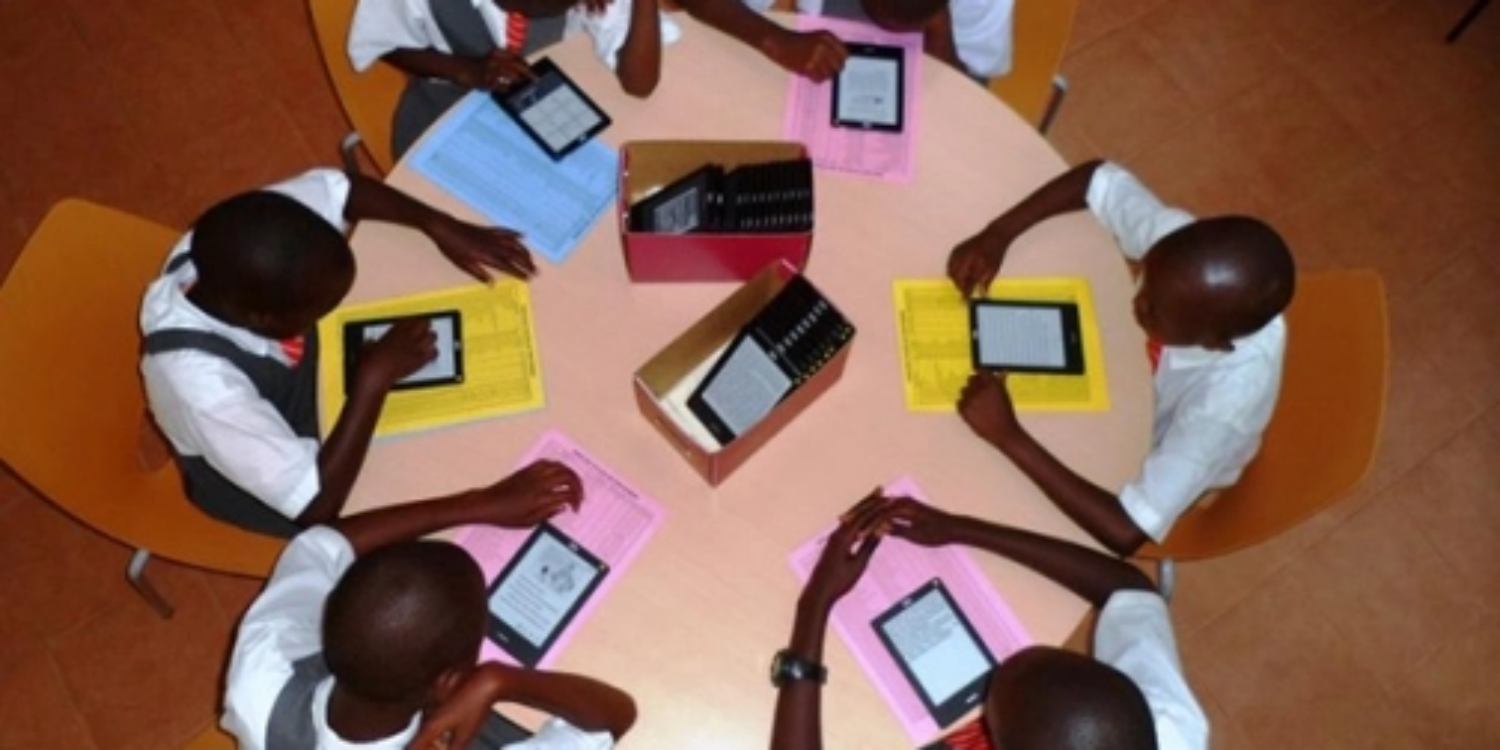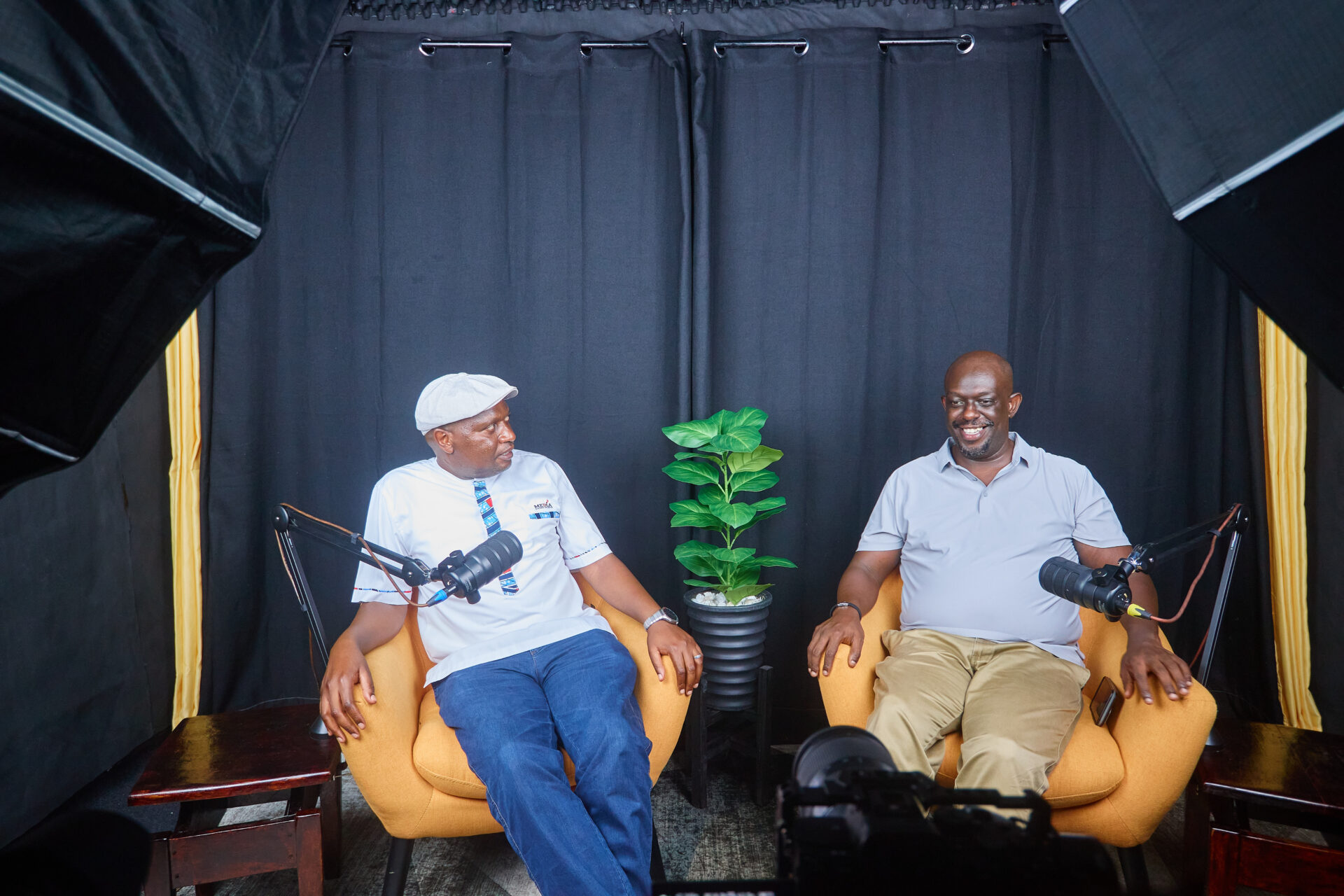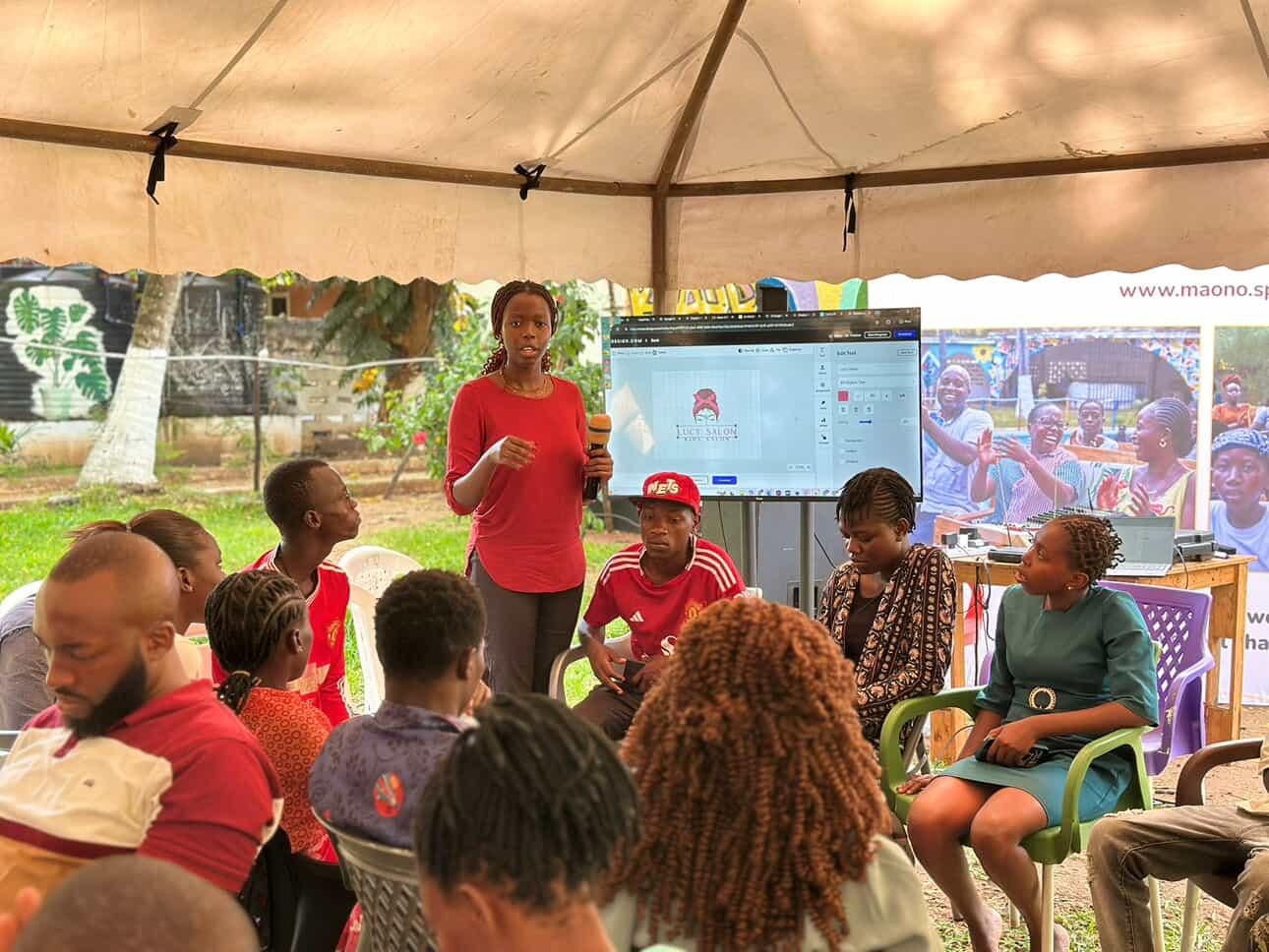(Image from Standard Digital)
During the early days of the Coronavirus disease outbreak, the Government of Kenya announced that all primary and secondary schools were to be closed and learners sent home with immediate effect. This was closely followed by the closure of all universities. Despite the strict measures to curtail the spread of the disease in schools rendering them home-bound, the school year does not wait, days are passing and the exam period is imminent.
Parents have been humorously complaining online and writing odes to the teachers they had so taken for granted because they are now required to be at-home teachers with their children. Thankfully, there are a lot of tools that provide access to those students with internet access at home so they can continue learning, both for primary and secondary school learners.
These measures have increased inclusivity of access to all types of households by ensuring that the majority of the population is reached.
(Images from Longhorn E-learning Platform )
Longhorn E-learning Platform released online learning materials to aid in the advancement of the curriculum even as students stay at home, including the Competency-Based Curriculum materials. There is also a mobile app that allows the students to access the learning materials and an SMS platform which can be used offline by dialling USSD code *864#. Longhorn publishers have gone an extra mile with Telecom companies such as Safaricom and Airtel to offer subsidized and free internet bundles to students accessing the e-learning platform.
Ubongo Kids is an interactive education platform that is best for kindergarten and lower primary students. It uses cartoon characters to solve problems in math, science and tech using songs and adventures. Ubongo Kids also has a Youtube Page in English and Kiswahili and an application on Playstore. Parents without internet access can access the platform through an SMS quiz game that tests on maths and science.
Students and parents can also access these other education platforms; eLimu, Eneza Education, E-Kitabu, Kytabu and M-shule.
The alternative learning platforms provided are amazing but concerns are being raised for students who have no access to the internet, televisions, radios computers, mobile phones and cannot afford newspapers. To add on to this some students are required to print out some assignments but have no access to printers or cybercafes.
This can be illustrated by the 2019 Census data which reveals that only 17.9% of Kenyan households have internet access, 56.9% have stand-alone radios and 40.7% functional televisions. Highlighting that some students who depend on physically attending school are at risk of missing out on the school year and repeating the same class, once the pandemic is over.
A good suggestion to help these learners would be:
Public notices in various places that allow students to access materials, door-to-door delivery of learning materials and private tutoring with all safety measures in place might be solutions to these students. The feasibility of such measures could be explored and solutions found in order to ensure that no one is left behind.














